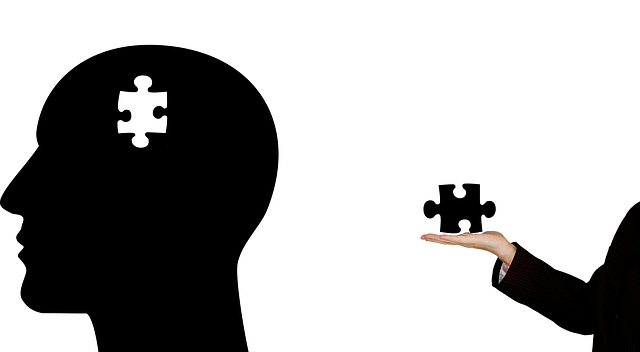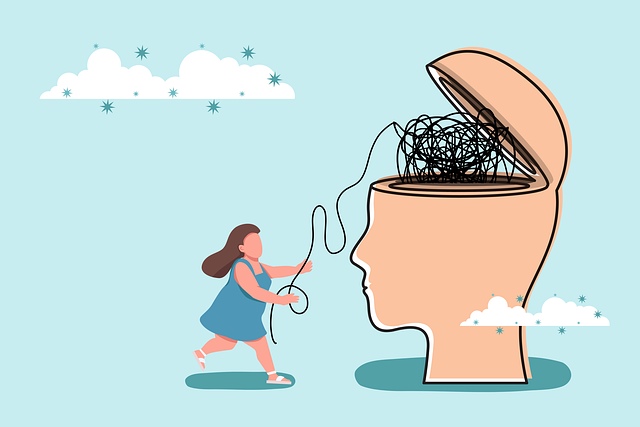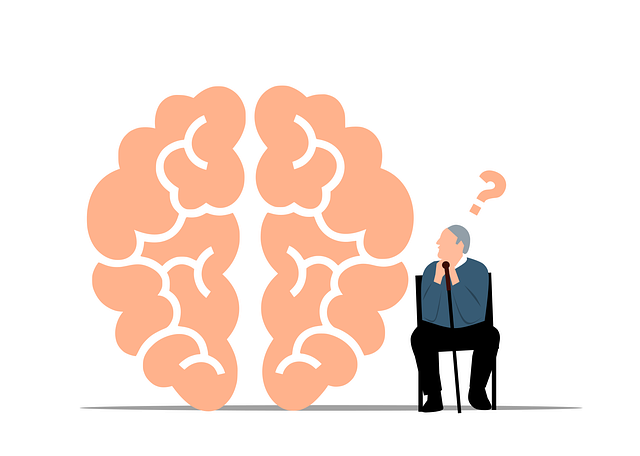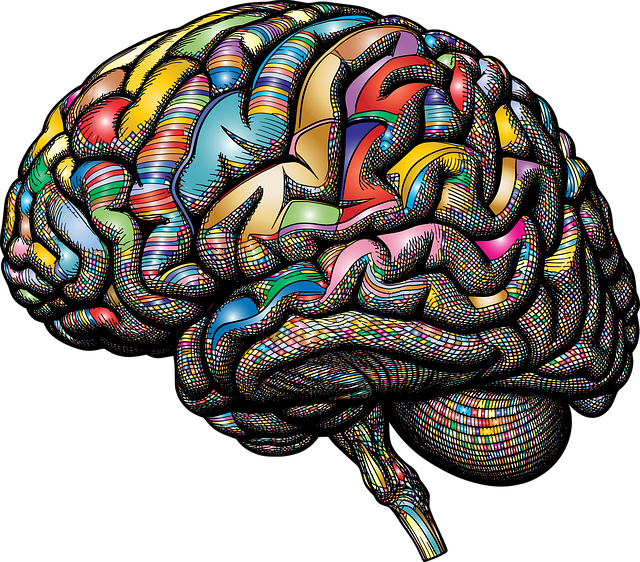Mood regulation is essential for managing emotions, particularly for individuals with Castle Rock Dissociative Disorder (CRDD), who often struggle with fragmented perceptions and disassociated feelings. Castle Rock Dissociative Disorder Therapy (CRD) offers a groundbreaking approach using mindfulness and cognitive restructuring to enhance self-awareness and personal growth. By combining CRD techniques like Mindfulness Meditation with lifestyle adjustments such as physical activity, balanced diets, and sleep, individuals can develop emotional resilience and improve mental wellness. Journaling and a strong support system further aid in coping strategy development, fostering more stable moods and overall emotional stability.
Mood regulation is a vital skill, especially in managing mental health conditions like dissociative disorder. In this article, we explore various strategies for navigating and stabilizing moods. From understanding the fundamentals of mood regulation and its impact on daily life to delving into unique therapeutic approaches like Castle Rock Dissociative Disorder Therapy, we offer practical insights. Additionally, we provide long-term techniques to build resilience, empowering individuals to take control of their emotional well-being.
- Understanding Mood Regulation and its Significance
- Castle Rock Dissociative Disorder Therapy: An Approach to Mood Stability
- Practical Strategies for Daily Life Management
- Building Resilience: Long-term Mood Regulation Techniques
Understanding Mood Regulation and its Significance

Mood regulation is a crucial process that enables individuals to manage and maintain their emotional states effectively. It involves understanding and controlling one’s feelings, which are integral to overall well-being. In the context of mental health, especially for those dealing with conditions like Castle Rock Dissociative Disorder, mood regulation strategies become essential tools. This disorder often leads to fragmented perceptions and disassociated emotions, making it imperative to implement techniques that foster emotional stability.
The significance of mood regulation cannot be overstated, as it contributes to improved emotional healing processes. By regulating moods, individuals can enhance their emotional intelligence, enabling them to perceive and manage feelings more adeptly. Additionally, this practice facilitates self-esteem improvement, which is a critical aspect of recovery and personal growth. Effective mood regulation strategies empower people to navigate challenging emotions, ultimately leading to a more balanced and fulfilling life.
Castle Rock Dissociative Disorder Therapy: An Approach to Mood Stability

Castle Rock Dissociative Disorder Therapy (CRD) offers a unique approach to achieving mood stability for individuals grappling with dissociative disorders. This therapy technique leverages the power of mindfulness and cognitive restructuring to help patients manage their symptoms effectively. By fostering a deeper understanding of dissociation, CRD enables individuals to develop coping mechanisms that promote emotional regulation.
The method incorporates elements from Mental Health Policy Analysis and Advocacy, emphasizing the importance of self-awareness and personal growth. Through guided practices, clients learn to identify triggers and patterns associated with dissociative episodes. Additionally, Mindfulness Meditation plays a pivotal role in enhancing present-moment awareness, allowing individuals to respond rather than react during moments of distress. The overall goal is to integrate these techniques into daily life, thereby improving mental wellness and creating a more balanced emotional landscape.
Practical Strategies for Daily Life Management

Managing mood effectively is a key aspect of daily life, especially for individuals navigating mental health challenges like Castle Rock Dissociative Disorder Therapy. While professional support from therapists or coaches is invaluable, there are practical strategies everyone can employ to enhance emotional resilience and overall well-being.
One powerful tool is cultivating inner strength through mindfulness practices. Incorporating Mindfulness Meditation into daily routines allows individuals to connect with their emotions, increase self-awareness, and develop a sense of calm. This practice encourages people to observe their thoughts and feelings without judgment, fostering better emotional regulation skills. In addition to meditation, engaging in regular physical activity, maintaining a balanced diet, and prioritizing sufficient sleep are essential for managing mood. These lifestyle adjustments can significantly contribute to mental wellness coaching programs development, empowering individuals to take control of their emotional well-being.
Building Resilience: Long-term Mood Regulation Techniques

Building resilience is a key aspect of long-term mood regulation, especially for individuals navigating mental health challenges such as Castle Rock Dissociative Disorder Therapy. This involves developing coping skills that enable one to manage and bounce back from difficult situations. The process starts with understanding and acknowledging one’s emotional responses, fostering self-awareness through practices like journaling can be a powerful tool in this journey. By documenting thoughts and feelings regularly, individuals gain valuable insights into their emotional healing processes and identify patterns that may trigger mood shifts.
Additionally, developing a robust support system is essential for building resilience. This could involve seeking professional help from therapists who specialize in dissociative disorders, engaging in group therapy sessions, or connecting with peer support groups. These platforms provide opportunities for emotional expression, learning effective coping strategies, and sharing experiences that can enhance one’s ability to navigate life’s challenges. Over time, these practices contribute to improved mental wellness and a more stable mood.
Mood regulation is a multifaceted skill essential for navigating life’s challenges. By understanding the significance of emotional stability and exploring approaches like Castle Rock Dissociative Disorder Therapy, individuals can gain significant control over their moods. Practical daily strategies combined with long-term resilience building techniques offer a holistic path to improved well-being. Incorporating these practices can lead to enhanced mood regulation and a more balanced life, regardless of external circumstances.














